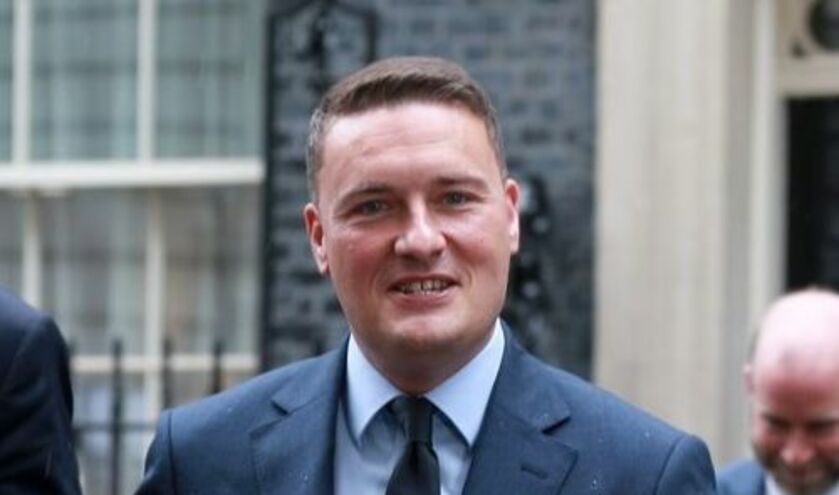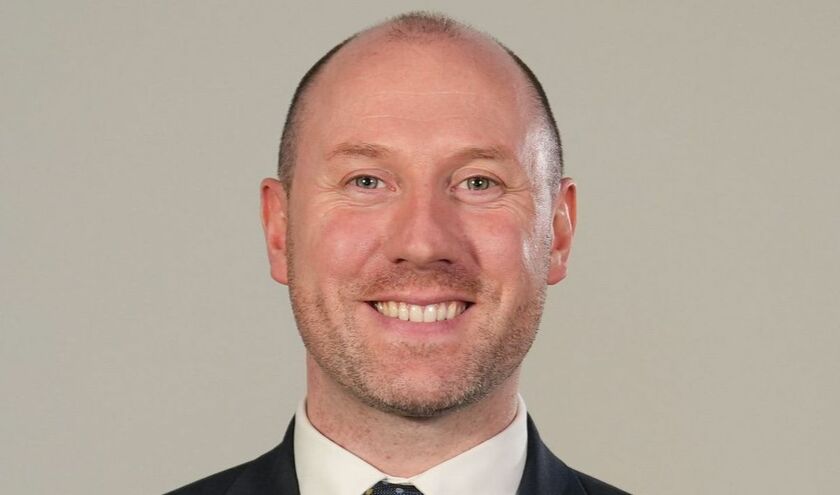In a joint interview with the Guardian alongside the NHS England chief executive, Sir Jim Mackey, Streeting said incidents of verbal and physical abuse now happen so often that it has become ‘socially acceptable to be racist'.
Streeting said he had been ‘shocked' hearing NHS staff, especially those working in A&E, recount growing levels of harassment, aggression and violence from patients when their care gets delayed.
Meanwhile, chiefs at NHS England have sent letters to all health trusts. The letter, signed by chief executive Sir Jim and chief workforce officer Jo Lenaghan, says the ‘current climate in some of our communities means we need to redouble our efforts to create workplaces where our staff and patients alike feel safe and welcome'.
The letter adds: ‘We want to reiterate our zero tolerance stance to all forms of hatred, antisemitism, Islamophobia, racism and to any form of discriminatory behaviour.
‘We reiterate our commitment to creating workplaces and services where everyone feels safe, valued and supported, regardless of their background, faith or identity.'
The letter makes it clear that tackling Holocaust denial, accusations of Jewish conspiracy, and the targeting of Israel as a proxy for Jewish people will be a part of the campaign.
However, it adds: ‘Criticism of Israel similar to that levelled against any other country, however, cannot be regarded as antisemitic.'
Guidance on staff uniforms is being updated to ‘continue to uphold freedom of religious expression, ensuring patients feel safe and respected at all times, and that staff political views do not impact on patients' care or comfort'.
In addition, the NHS is also updating training on equality, diversity and human rights, extending the section on discrimination and content on antisemitism and Islamophobia.
The letter states that existing training is completed by staff every three years, but asks trusts for ‘help and support to ensure that all staff in your organisation refresh their EDI training as soon as this content is available rather than waiting for the prompt in the current three-year cycle'.



